In a world driven by constant motion and fleeting moments, the humble timepiece stands as a steadfast guardian of time itself. As we delve into the intricate world of watches, we uncover not just the gears and springs that make them tick, but also the wealth of knowledge and common sense that they embody. Join us as we embark on a journey to unlock the secrets of timepieces, exploring their inner workings and unraveling the mysteries of this timeless tradition.
The Intriguing History and Evolution of Timepieces
From ancient sundials to modern smartwatches, the history and evolution of timepieces is a fascinating journey through human ingenuity and technological advancements. Timepieces have played a crucial role in shaping our understanding of time and have become much more than just a tool to tell time. Through centuries of innovation and craftsmanship, watches have evolved into intricate pieces of art that not only serve a practical purpose but also reflect the culture and values of the time.
Exploring the knowledge and common sense of watches involves delving into the intricate mechanisms that power these timekeeping devices. From the escapement mechanism to the balance wheel, each component plays a crucial role in ensuring the accuracy and precision of a watch. Learning about the history of different watchmaking techniques and styles can provide insight into the craftsmanship and dedication required to create these timeless pieces. Whether you are a watch enthusiast or simply curious about the world of timepieces, unlocking the secrets of watches can open up a whole new world of appreciation for these marvels of engineering.
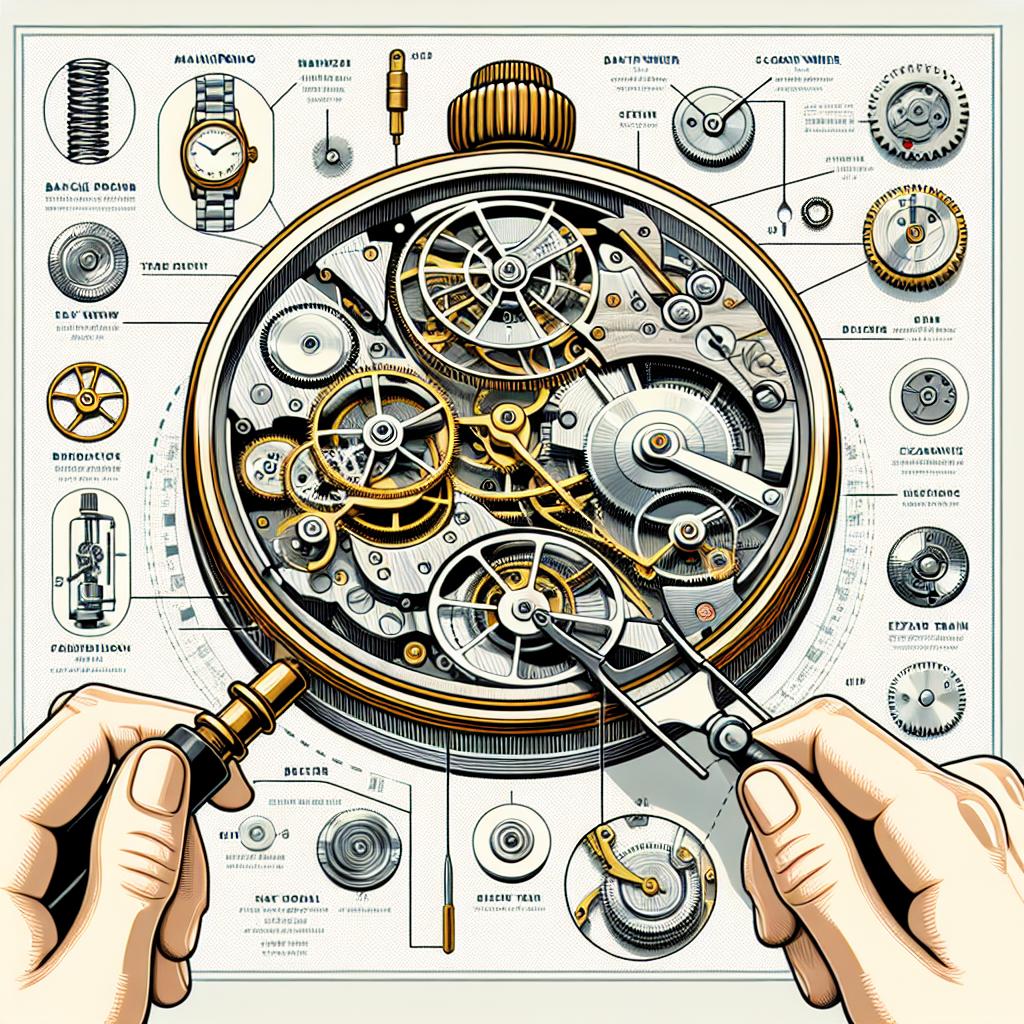
Understanding the Mechanics Behind Watch Movements
When it comes to , one must delve into the intricate world of horology. The inner workings of a watch can be likened to a finely tuned orchestra, with each tiny component playing a crucial role in keeping time ticking accurately. From the mainspring to the escapement to the balance wheel, every part works in harmony to ensure the smooth operation of the timepiece.
Exploring the knowledge of watches involves unraveling the mysteries of different movement types, such as quartz, mechanical, and automatic. Quartz movements rely on a battery to power the watch and keep time, while mechanical movements rely on winding the mainspring manually or through wrist movements. Automatic movements, on the other hand, harness the energy from the wearer’s movements to power the watch. Understanding these distinctions can help aficionados appreciate the craftsmanship and engineering that go into creating a timepiece.
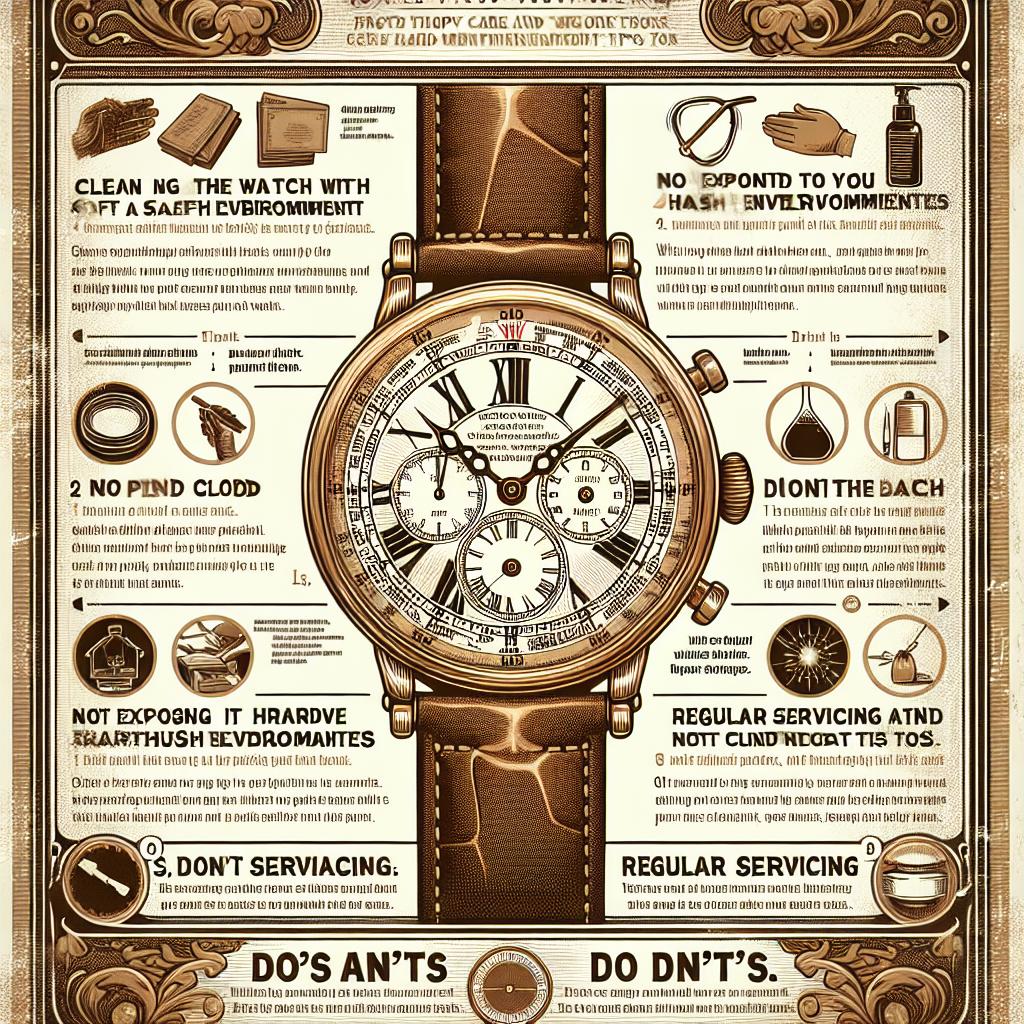
Tips for Proper Care and Maintenance of Your Timepiece
When it comes to caring for your timepiece, there are a few key tips to keep in mind to ensure it stays in top condition for years to come. First and foremost, make sure to regularly clean your watch with a soft cloth to remove any dirt and grime that may have accumulated over time.
Additionally, avoid exposing your watch to extreme temperatures or direct sunlight, as this can cause damage to the delicate inner mechanisms. Another important tip is to have your watch serviced by a professional watchmaker every few years to keep it running smoothly and prevent any potential issues from arising. By following these simple tips, you can help to extend the life of your timepiece and enjoy it for many years to come.
To Conclude
As we conclude our journey into the world of timepieces and the intricate knowledge they hold, we are reminded that watches are not just devices to track time, but also windows into the past, present, and future. By unlocking the secrets of timepieces, we gain a deeper appreciation for the craftsmanship and ingenuity that goes into creating these miniature marvels. So next time you glance at your wristwatch, take a moment to marvel at the intricate mechanisms ticking away beneath the surface, reminding us that time is both fleeting and eternal. Keep exploring, keep learning, and never stop appreciating the beauty and complexity of these timeless treasures.



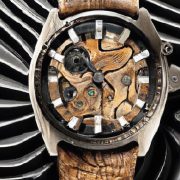
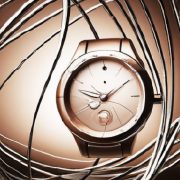
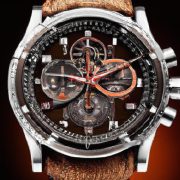
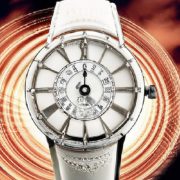










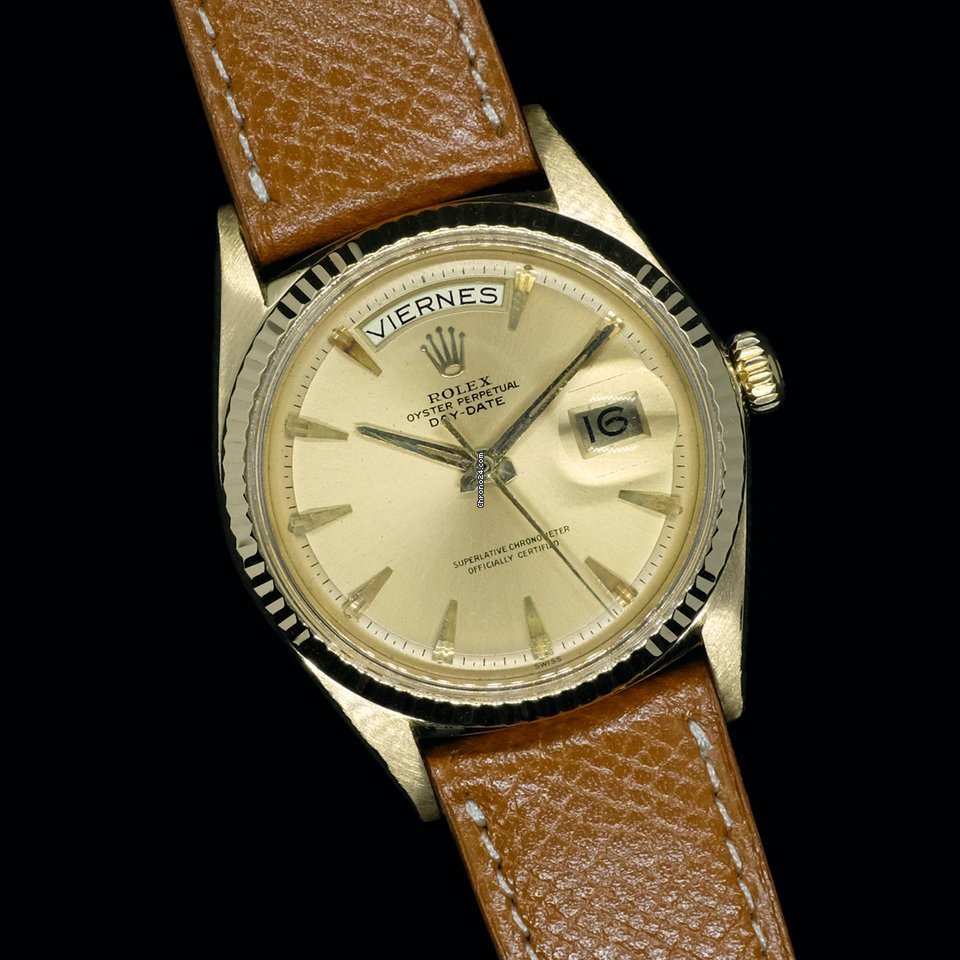
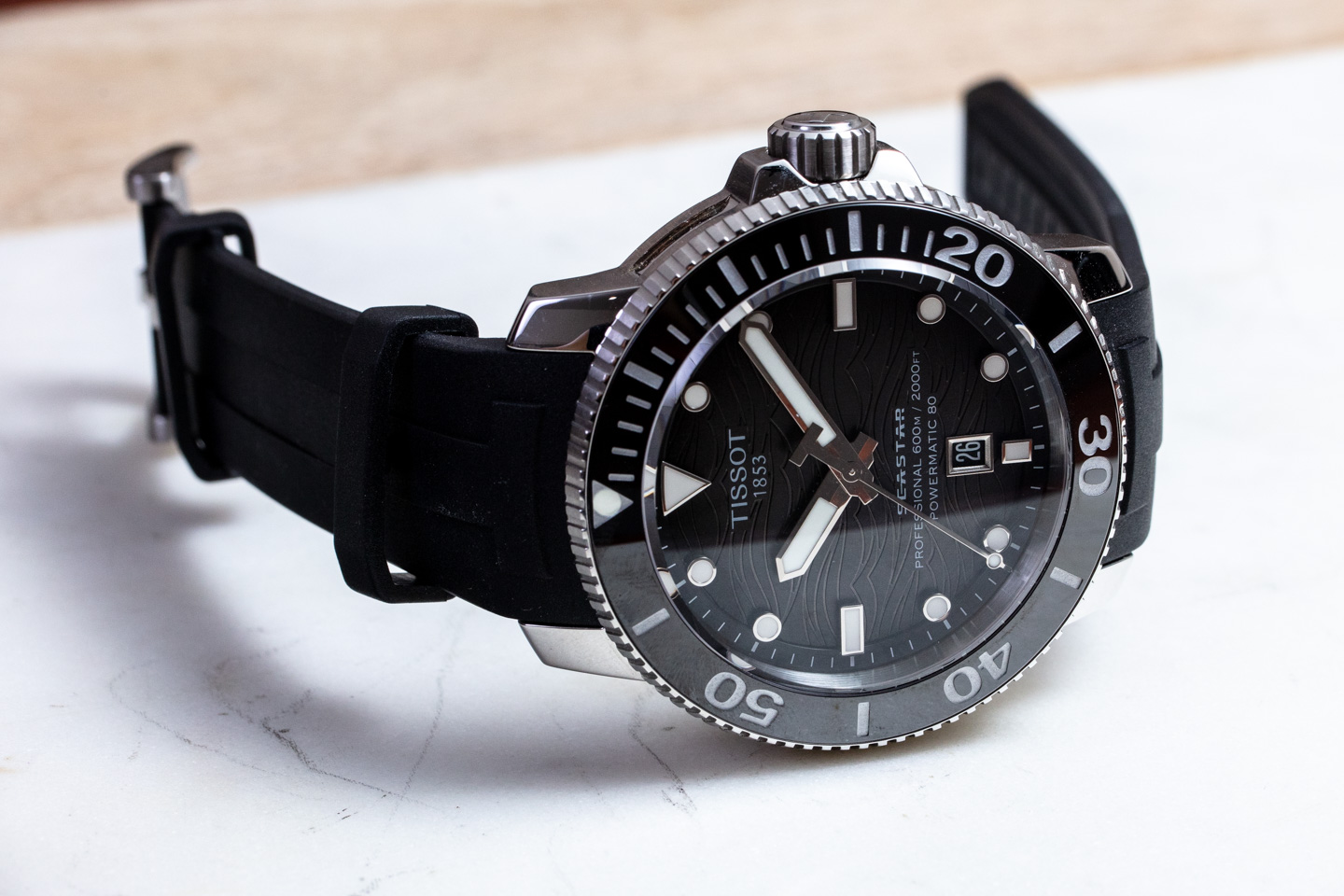

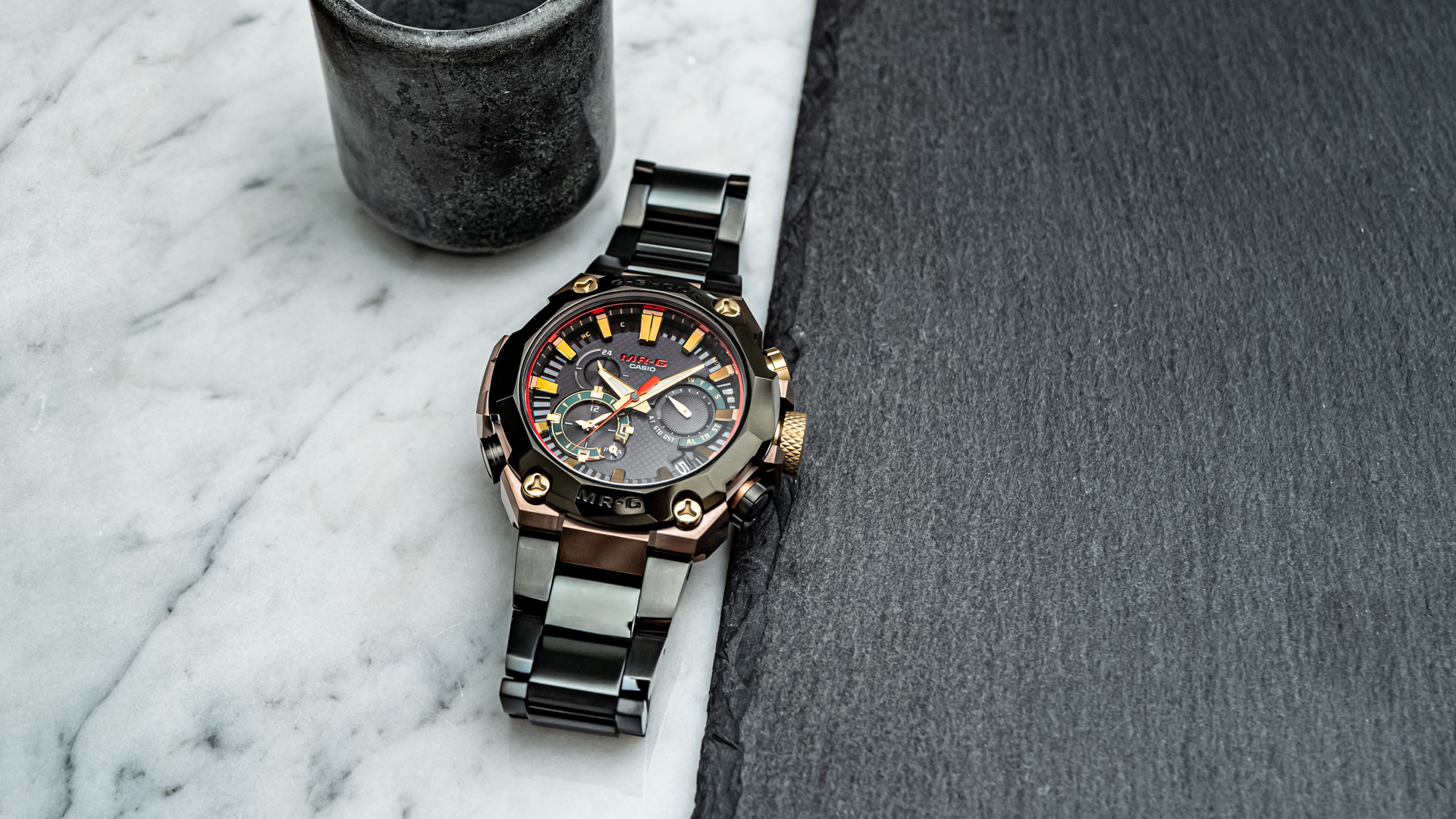


Comments